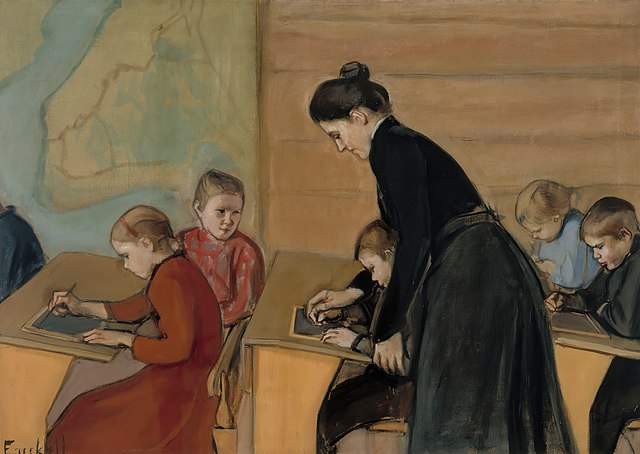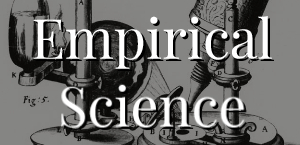
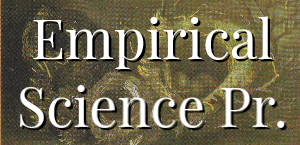
Course Description: Empirical Science Primer: Life Science covers the fundamentals of observational scientific methodology as it guides students to explore their immediate surroundings, and imbues in them the proper attitudes of the scientist. The course includes nature study, field notes, sketching, identification, taxonomy, data collection, collation, and basic inductive/causal argumentation. The hope is to connect the students native wonder and curiosity with the scientist's respect for reality and zeal for truth. Numerous opportunities will be found to impart terminology and practices that will prepare students for higher level courses in the sequence, without overburdening the students with a bulk of soon forgotten facts. The students are introduced to the microscope and its uses.
- Teacher: Mr. Joshua Keatley
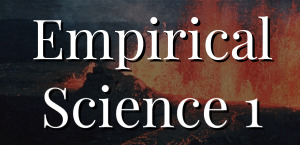
Course Description: Empirical Science 1: Earth Science. Within the context of the fascinating study of land forms, minerals, and planetary phenomena, many timely and important topics are covered including conservation of natural resources, climate change, pollution, environmental justice, and geologic history. As with the previous course, effort is made to connect the students native wonder and curiosity with the scientist's respect for reality and zeal for truth. Numerous opportunities will be found to impart terminology and practices that will prepare students for higher level courses in the sequence, without overburdening the students with a bulk of soon forgotten facts.
- Teacher: Mrs. Jessica Long
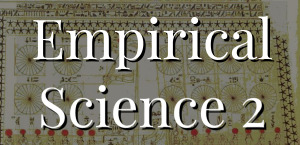
Course Description: Empirical Science 2: Introductory Physics incorporates math, history, and epistemology, making it the perfect text to draw students upward into the adult world of scientific investigation. The primary goal of the course is to imbue the students with real mastery of the method and established concepts of physics. This is achieved by following the guidance of the Novare philosophy, embodied in their excellent books (see below): mastery, real robust labs, depth over breadth, and a Christian worldview. A secondary goal is to imbue the students with the attitudes of the true scientist: wonder, curiosity, humility, and to relish truth. This is taught most fully through the example of the instructor. Finally, a last goal is to clearly present the limits of empirical science, so that the students are prepared to grasp how it fits into the larger schema of wisdom presented in the TPT course sequence.
Labs. A laboratory component is essential for every high-school level science class. Not only does a lab practicum give students direct knowledge and experience that are virtually impossible to obtain from a text, but the report writing component of lab work provides a rich enhancement to the overall learning objectives for the course. The students will be required to write full-length lab reports from scratch for some labs and short form reports for others.
- Teacher: Mrs. Kelly Zimmermann
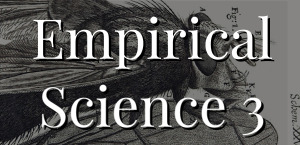
Course Description: One of the basic divisions of natural beings is between those that live and those that do not. Biology is the study of living things. This course is designed for high-school students and is suitable for use in any of the four grades. It does not assume the student has had any other high-school science course and, in particular, does not assume a background in Chemistry.
Labs. A laboratory component is essential for every high-school level science class. Not only does a lab practicum give students direct knowledge and experience that are virtually impossible to obtain from a text, but the report writing component of lab work provides a rich enhancement to the overall learning objectives for the course. The students will be required to write full-length lab reports from scratch for some labs and short form reports for others.
- Teacher-Author: Mrs. Lorryn Sterkenburg
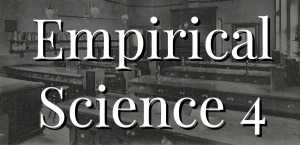
Course Description: Empirical Science 4: General Chemistry. Using Novare's book of the same name, this Chemistry course reflects the general approach of Novare, highlighting integration, mastery, wonder, lab work, and a streamlined scope.
Chapters include: What is Chemistry All About, Measurements, Atoms & Substances, Atomic Structure, Periodic Law, Chemical Bonding, Molecular Theory and Metallic Bonding, Chemical Reactions and Stoichiometry, Kinetic Theory and States of Matter, Gas Laws, Solution Chemistry, Acids and Bases, and Redox Chemistry.
The primary goal of the course is to elevate the students to a real mastery of the method and established concepts of chemistry. A secondary goal is to imbue the students with the attitudes of the true scientist: wonder, curiosity, humility, and to relish truth. This is taught most fully through the example of the instructor. Finally, a last goal is to clearly present the limits of empirical science, so that the students are prepared to grasp how it fits into the larger schema of wisdom presented in the TPT course sequence.
- Teacher: Mrs. Lorryn Sterkenburg
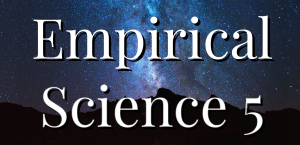
Course Description: This course uses Novare’s Physics: Modeling Nature and additional supplemental sources. It reflects the Novare philosophy of integration, mastery, and robust lab experiments. The primary goal of this course is for students to gain mastery over more advanced topics in physics. It introduces new topics that were not considered in the introductory course, such as projectile motion and friction. It will return to topics studied at the introductory level using advanced mathematics, allowing more accurate modeling of complex scenarios. A secondary goal is to introduce students to some of the topics studied in theoretical physics, with a particular emphasis on cosmology and the development of the universe. A final goal will be to place modern, empirical physics within its proper philosophical framework, which ensures that the subjects explored by theoretical physics lead not to absurdity, but to beauty and truth.
- Teacher-Author: Mrs. Alecia Rolling
